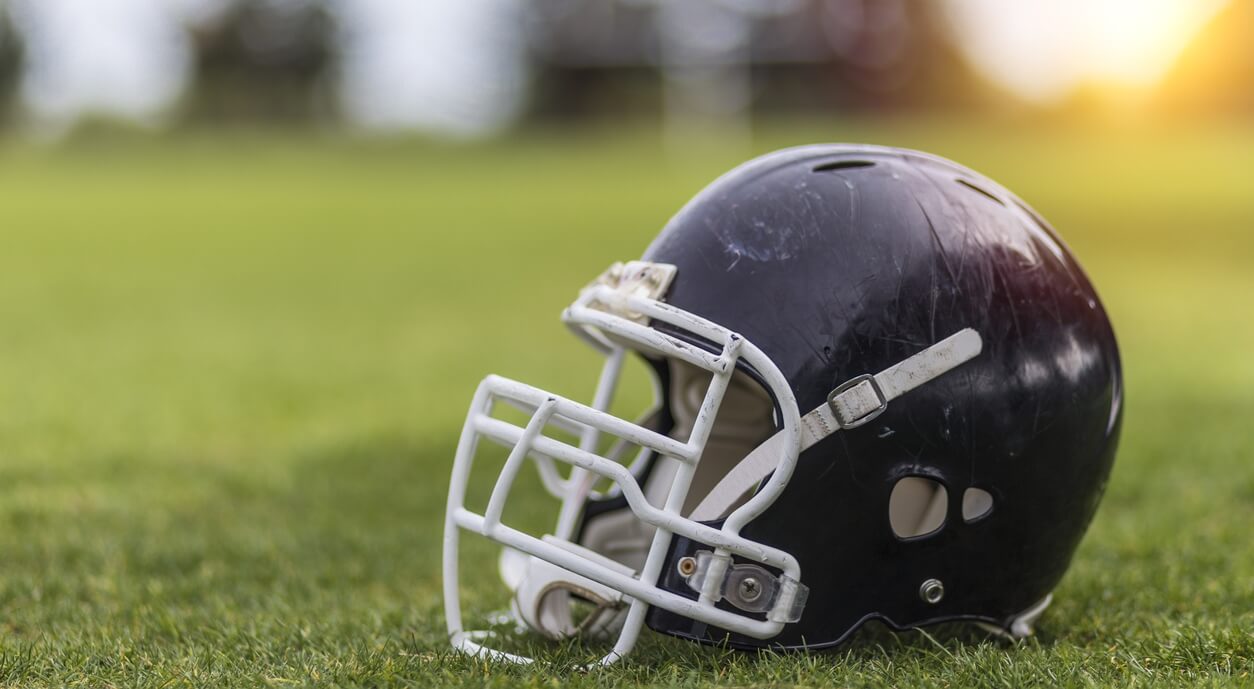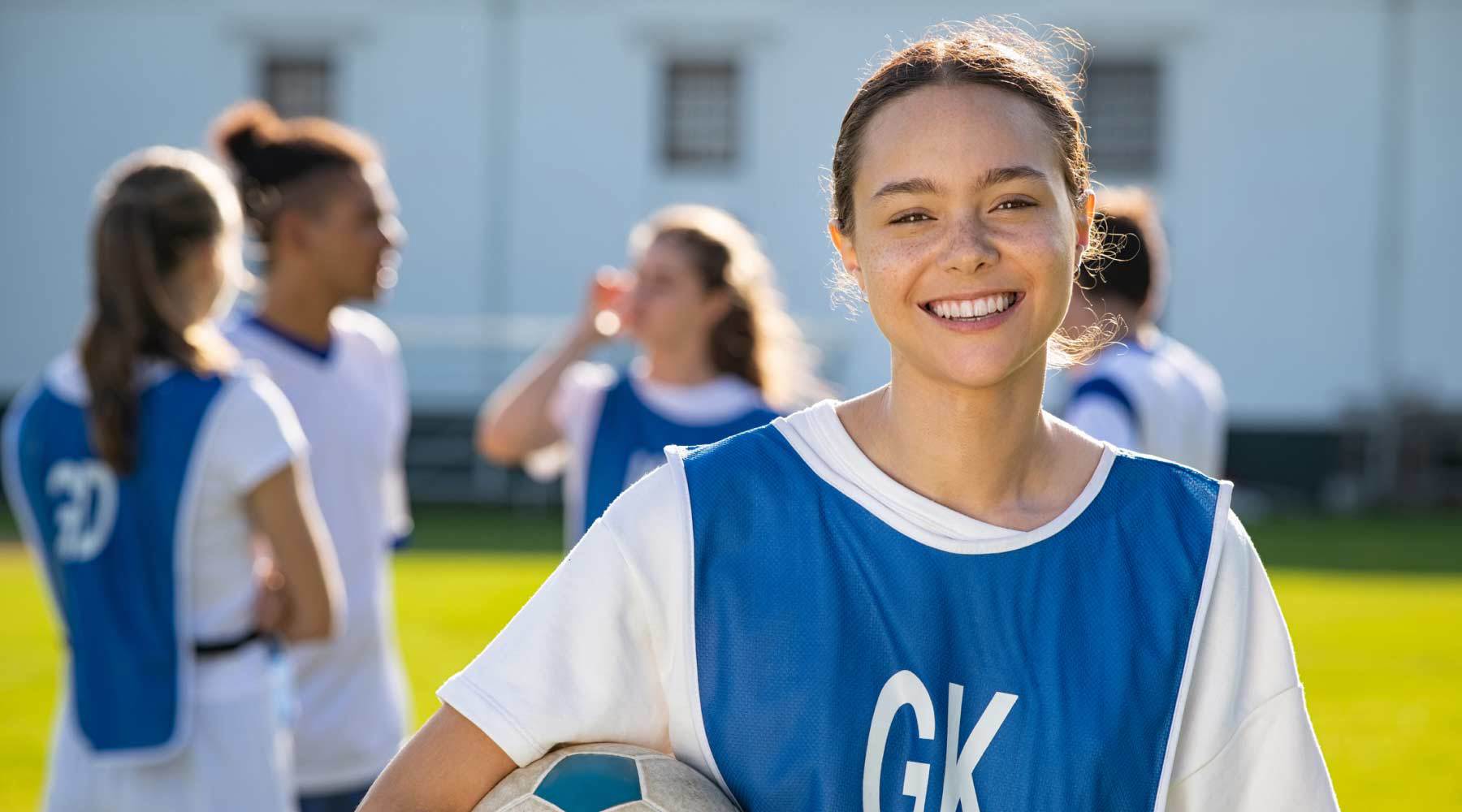
Could reducing the use of helmets in football tackling drills decrease concussions? WMUR recently reported on a new concussion study from the University of New Hampshire to consider this possibility.
A concussion is a traumatic brain injury that occurs after violent shaking or a significant blow to the head. Short-term symptoms include headache, nausea and balance issues, while long-term effects can lead to permanent brain damage. Football is the number one sport where athletes experience concussions.
While he admits the premise of this study was a tough sell, Professor Erik Swartz of the Department of Kinesiology came up with the idea from his days of playing rugby.
“My head was exposed and I just naturally wanted to keep my head out of contact,” he said. “So, I wanted to bring that into the sport of football and see if that was a way to correct head-first contact within the sport.”
The Concussion Study
With the concussion study is in its early stages, it will likely require years of research since long-term studies that incorporate a wide age range are needed.
Currently, the pilot study is being conducted on youth football players. Participants are divided into two groups: a control group and a treatment group. The control group wears helmets with a sensor to measure force, acceleration, location and frequency of head impacts. The treatment group also has sensors attached to them, but they practice tackling drills without using helmets.
Access Sports Medicine Athletic Trainer Chantal Filiau has also contributed to the concussion study, working closely with Swartz and athletes from Exeter, NH.
Chalk Talk Concussion Program
Rest and relaxation are the most important things to do for concussion recovery. But this often requires students to stay home and put their academics on hold, causing them to lose focus and fall behind.
For students who have had concussions, a new grant program called Chalk Talk aims to keep them in an educational environment that is sensitive to their symptoms. The program addresses how each student is feeling and keeps them in class with limits that are personalized to their injury. Currently, 10 schools in New Hampshire are taking part in Chalk Talk.
Access Sports Medicine’s Director of Concussion Management, Kevin D. Heaton, DO., is a strong advocate for concussion studies and research that can help prevent traumatic brain injuries and put athletes on a quick road to recovery.
“I applaud Professor Swartz’s efforts and research into concussions,” Heaton said. “Based on the nature of the sport of football, concussions will always occur. The question is, can we reduce them? I hope he and others can find ways to decrease the number of these impactful injuries.”
For more information about concussion research, feel free to contact your local Access Sports Medicine office.


